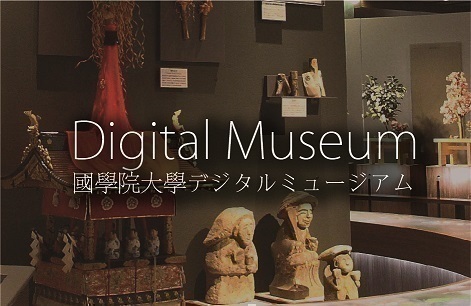- トップ
- Encyclopedia of Shinto
- Sukui no Hikari Kyōdan
Encyclopedia of Shinto
| Main Menu: | |
| Links: |
詳細表示 (Complete Article)
| カテゴリー1: | 8. Schools, Groups, and Personalities |
|---|---|
| カテゴリー2: | Modern Sectarian Groups |
| Title | Sukui no Hikari Kyōdan |
| Text | A new religion deriving from Sekai Kyūseikyō, and one of several groups that in quick succession became independent in opposition to that religion's policy of centralization (ichigenka) implemented in the mid-1960s. Its direct parent body was Shinsei Kyōkai, which had been one of Sekai Kyūseikyō's earliest major branch churches. The first leader of Shinsei Kyōkai was Ōnuma Teruhiko, a powerful figure who had even occupied the post of Sekai Kyūseikyō administrative chief for a period. In 1962 his son Ōnuma Masashi succeeded him as church leader and also served on the board of Superintendents of Sekai Kyūseikyō. In 1972 leaders of the Shinsei Kyōkai came to feel that Sekai Kyūseikyō was departing from the ideals of its founder Okada Mokichi (1882-1955), and made pleas to return to the founder's original teachings, but its appeals were rebuffed, and it decided that its aims of reform should henceforth be pursued from outside. Accordingly, it severed its connection to, and inclusion within the framework of, Sekai Kyūseikyō and declared itself the independent Shinsei Kyōkai. In 1973 it was recognized as an independent religious corporation with Ōnuma Masashi's wife Yūko as its presiding officer. In 1974, the group changed its name to Sukui no Hikari Kyōdan and the following year held a national meeting of devotees at Hibiya public hall, a place associated with Okada, the original founder of Sekai Kyūseikyō. The main focus of the movement is illustrated by the stanza chanted by followers in which they pledge themselves to uphold the teachings of Meishusama (honorific name for Okada Mokichi). In this way, it can be seen one of those religious movements that look to Okada as founder and carry on his legitimate lineage. In 1975 Sekai Kyūseikyō charged Sukui no Hikari Kyōdan with copyright infringement in response to the latter's independent publishing of Tenkei and other works by Okada, but this lawsuit was settled by arbitration in 1981. In its teachings and practices, the movement's basic emphasis is on realizing the ideals of its founder Okada Mokichi. The group's social agenda can be expressed as achiving the goals propounded by Okada, namely, reversing the disasters and misfortunes caused by drugs and medicines (which the group considers poisons), and working to make the world free of illness. To this end, it established the "Association for thinking about health" (KenkÔ wo kangaeru kai) in 1977. With central administrative facilities within its religious headquarters, it publishes a newsletter titled Kenkō ("Health") and sponsors lectures throughout the country aimed at specialists in medicine and pharmacology. In 1982, to commemorate the 100th anniversary of the birth of its founder, the group completed work on a sacred hall at its current headquarters. Headquarters: Tokyo Nominal membership: approximately 100,000 (S) —Tsushiro Hirofumi |




